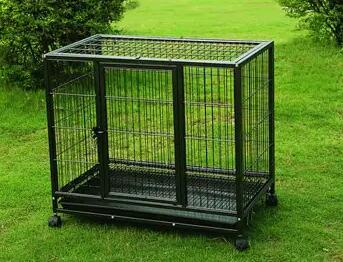What's Better Fiberglass or Aluminum Screen?
When it comes to choosing the right screen material for your windows, doors, or patios, the decision often boils down to two primary options fiberglass and aluminum. Both materials have their unique advantages and disadvantages, which can influence their performance, longevity, and aesthetic appeal. In this article, we will delve into the comparisons between fiberglass and aluminum screens to help you determine which option is best suited for your needs.
Durability and Longevity
One of the key factors to consider when selecting a screen material is durability. Aluminum screens are known for their robust nature and resistance to wear and tear. They can withstand harsh weather conditions and are less likely to be damaged by animals or outdoor debris. This makes aluminum a popular choice for those living in areas with extreme weather events or where durability is a top concern.
On the other hand, fiberglass screens are also durable but in different ways. They are generally resistant to rust and corrosion, which means they can last a long time in various environments. However, fiberglass screens can be more vulnerable to tears and punctures compared to aluminum. If you have pets or children who might be inclined to push against the screens, you may find the aluminum option to be a better fit.
Visibility and Aesthetics
Both fiberglass and aluminum screens offer visibility and light transmission, but they differ in the quality of visibility provided. Fiberglass screens tend to be more transparent, allowing more natural light and maintaining better views while keeping bugs out. This can be particularly important for those seeking unobstructed outdoor views.
Aluminum screens, while still providing decent visibility, can sometimes appear more intrusive due to their metallic frame. The black or charcoal powder coating often used in aluminum screens can help improve visibility, but it may not match the clarity offered by fiberglass. Ultimately, if aesthetics and the ability to view the outside world are significant considerations, fiberglass might be the more appealing option.
Installation and Maintenance
what's better fiberglass or aluminum screen

When it comes to installation, fiberglass screens are typically easier to work with. They are lighter than aluminum, making them easier to maneuver during the installation process. Fiberglass can also be custom fitted to various window and door sizes without extensive adjustments.
In terms of maintenance, both materials require minimal upkeep. Aluminum screens may need occasional cleaning to remove dirt and pollen, but they do not require painting or refinishing since modern coatings are designed to last. Fiberglass screens may need to be replaced more frequently if torn, but they do not rust or corrode.
Cost Considerations
Cost is always a factor when making a decision. Generally, fiberglass screens are more affordable than aluminum screens, making them a budget-friendly option for homeowners. However, if you consider the longevity and durability of the materials, the initial cost savings of fiberglass may be offset by the need for replacements over time.
Aluminum screens typically come with a higher upfront cost, but their durability could save you money in the long run, especially in high-traffic areas. Evaluating your immediate budget and long-term value can help in making the right decision.
Final Thoughts
In conclusion, the decision between fiberglass and aluminum screens ultimately depends on your specific needs and preferences. If you prioritize visibility, ease of installation, and cost-effectiveness, fiberglass might be the best option for your home. Conversely, if you are looking for a robust, long-lasting screen that can withstand the test of time and diverse weather conditions, aluminum is the way to go.
Ultimately, it’s essential to weigh the pros and cons of each material in relation to your lifestyle, environment, and aesthetic preferences. By understanding the characteristics of fiberglass and aluminum screens, you can make an informed choice that will enhance your living space while keeping bugs and debris at bay.

















